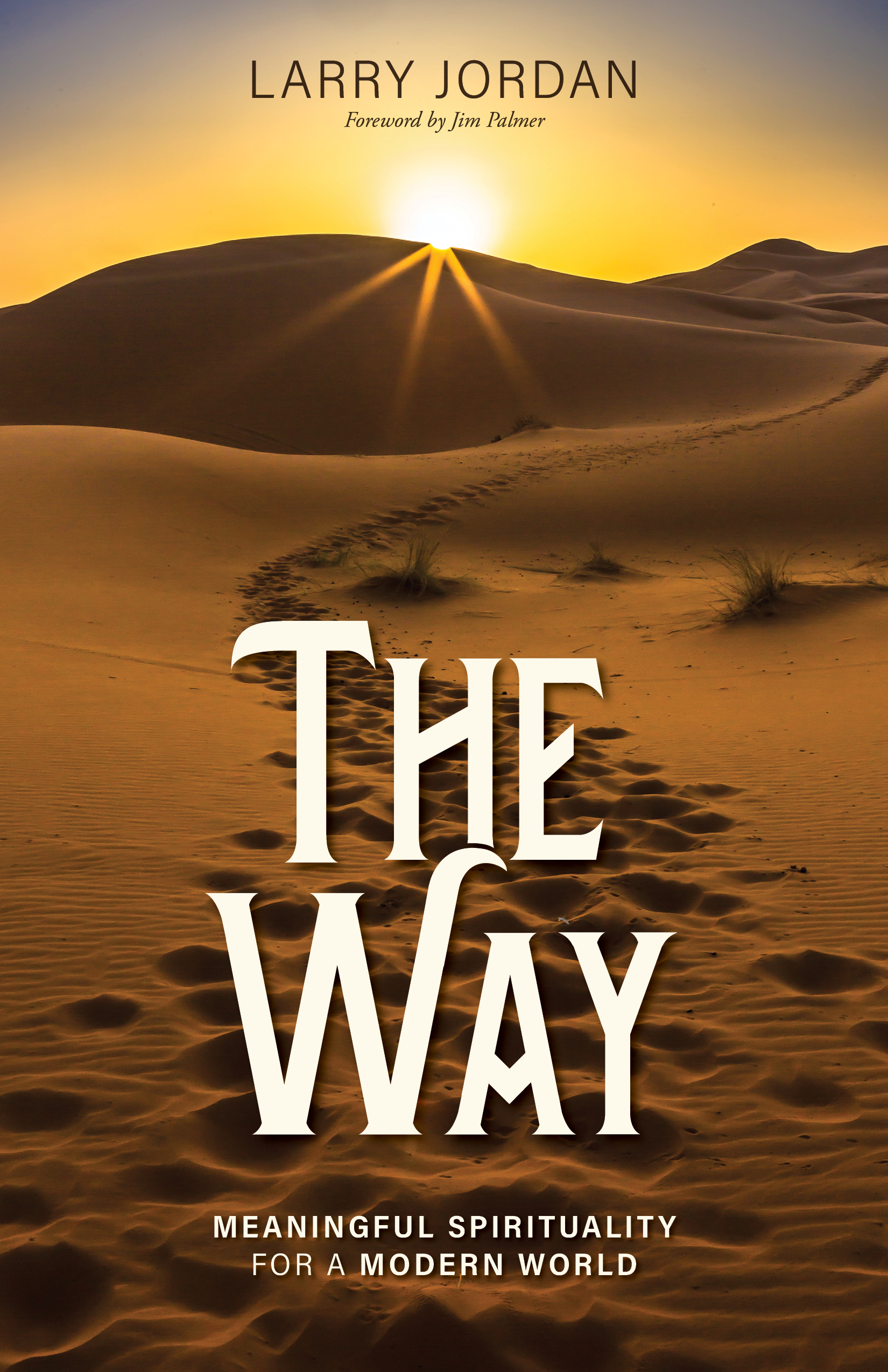Travel: Ecuador "An Uncurated Trip"
Until we reached Guayaquil, our trip was curated by a guide who handled things and controlled our experience. Once the guide dropped us at the hotel, we curated our own experience.
"Before I go, are there any questions?" he asked.
This was not our first rodeo, so we had a lot of questions:
How much does this cost? Who pays?
How do we handle meals and laundry?
How do we reach a doctor, if needed?
How do we refill medications?
Who is arranging COVID tests?
Who is arranging flights and transfers?
Who is our point of contact?
We were soon handed off to a hotel representative in Guayaquil and a Lindblad representative in New York. (If we had a serious medical situation, like we had in Africa, then we would have been in constant contact with our travel insurance company, too.)
Both provided invaluable assistance. At the same time, there are cultural differences, currency issues, language barriers, and technological challenges. (If you take an international trip, make sure that you have Google Translate and What'sApp and that you know how to do wifi calling.)
We had to adjust expectations. Outside of the most developed nations, things move clunkily, randomly, and slowly, if they move at all. We hoarded like we did in Africa. (In Africa, they called me "MacGyver.") Because we did not have access to resources, we acquired what we could, and we discarded nothing:
Plastic bags can be used to store food.
String can be used attach luggage tags.
Metal cutlery can be used to split pills.
Several couples (like us) had one positive test. I do not know their situations, so I do not judge, but a few healthy people left sick spouses. "Bye. Get well soon. See you next week." This was not our first rodeo, so I stayed, remaining in elective quarantine until Jill was well enough to travel. She did the same for me.
Outside of the most developed nations, small problems can become big ones, and big problems can become fatal ones, quickly. If you are confined to a hospital bed or a hotel room, it helps to have an advocate who can be your eyes and ears, your hands and feet.
To be continued...
"Before I go, are there any questions?" he asked.
This was not our first rodeo, so we had a lot of questions:
How much does this cost? Who pays?
How do we handle meals and laundry?
How do we reach a doctor, if needed?
How do we refill medications?
Who is arranging COVID tests?
Who is arranging flights and transfers?
Who is our point of contact?
We were soon handed off to a hotel representative in Guayaquil and a Lindblad representative in New York. (If we had a serious medical situation, like we had in Africa, then we would have been in constant contact with our travel insurance company, too.)
Both provided invaluable assistance. At the same time, there are cultural differences, currency issues, language barriers, and technological challenges. (If you take an international trip, make sure that you have Google Translate and What'sApp and that you know how to do wifi calling.)
We had to adjust expectations. Outside of the most developed nations, things move clunkily, randomly, and slowly, if they move at all. We hoarded like we did in Africa. (In Africa, they called me "MacGyver.") Because we did not have access to resources, we acquired what we could, and we discarded nothing:
Plastic bags can be used to store food.
String can be used attach luggage tags.
Metal cutlery can be used to split pills.
Several couples (like us) had one positive test. I do not know their situations, so I do not judge, but a few healthy people left sick spouses. "Bye. Get well soon. See you next week." This was not our first rodeo, so I stayed, remaining in elective quarantine until Jill was well enough to travel. She did the same for me.
Outside of the most developed nations, small problems can become big ones, and big problems can become fatal ones, quickly. If you are confined to a hospital bed or a hotel room, it helps to have an advocate who can be your eyes and ears, your hands and feet.
To be continued...

